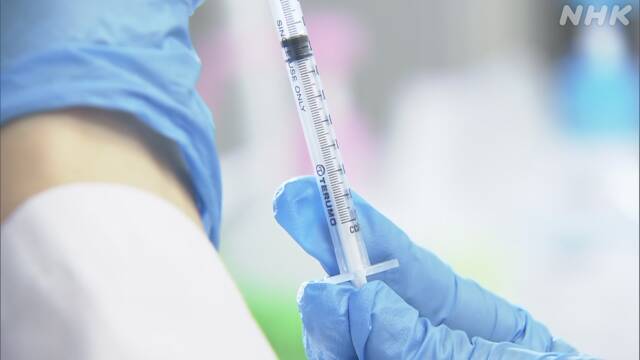Professor Hiroshi Nishiura of Kyoto University conducted a simulation of the infection status in Tokyo when the state of emergency due to the new coronavirus was lifted by the 20th of this month, and vaccination of elderly people was completed by the end of next month. Even so, the result is that medical care may become tight again if infection control measures are not taken.
This simulation was shown by Professor Nishiura at an expert meeting of the Ministry of Health, Labor and Welfare held on the 9th.
In the simulation, it is assumed that the declaration will be lifted in Tokyo by the 20th of this month, and no infection control measures will be taken after that, and if the same rapid spread of infection as in Osaka Prefecture occurs this spring, vaccination will be infected. We analyzed in detail how it affects the situation by age group.
As a result, if almost all people aged 65 and over had been vaccinated by the end of next month, the number of elderly people would be significantly reduced.
However, it is calculated that the infection spreads widely mainly among people in their 50s or younger who have not been vaccinated, and the number of severely ill people will increase accordingly.
This assumption resulted in an epidemic again in August that would result in a shortage of beds for the severely ill.
Takaji Wakita, chairman of the expert meeting, interviewed by the press after the meeting, said, "I expect that vaccination will proceed as an expert, but even if the vaccination of the elderly is completed, the measures will be loosened. Infection spreads in the unvaccinated generation. For the time being, it is necessary to take not only vaccination but also conventional infection control measures. "

